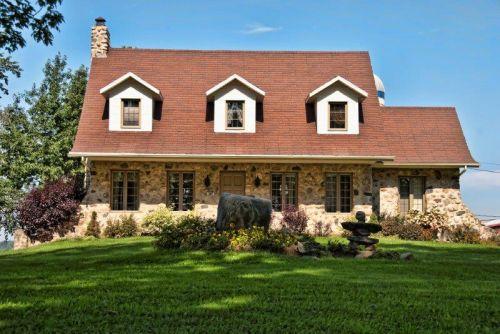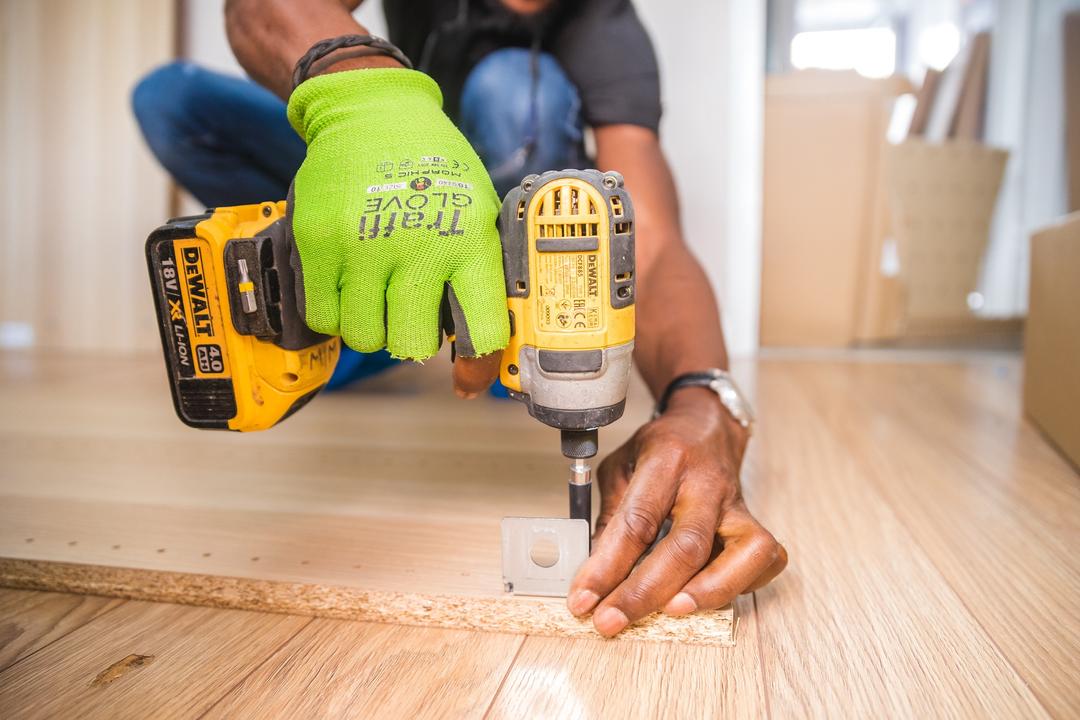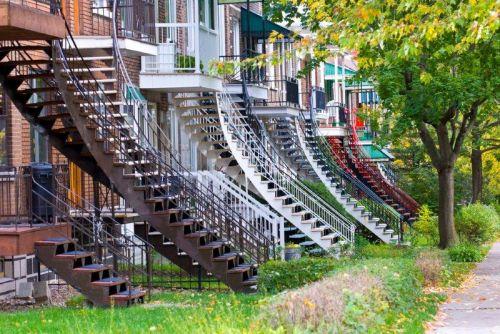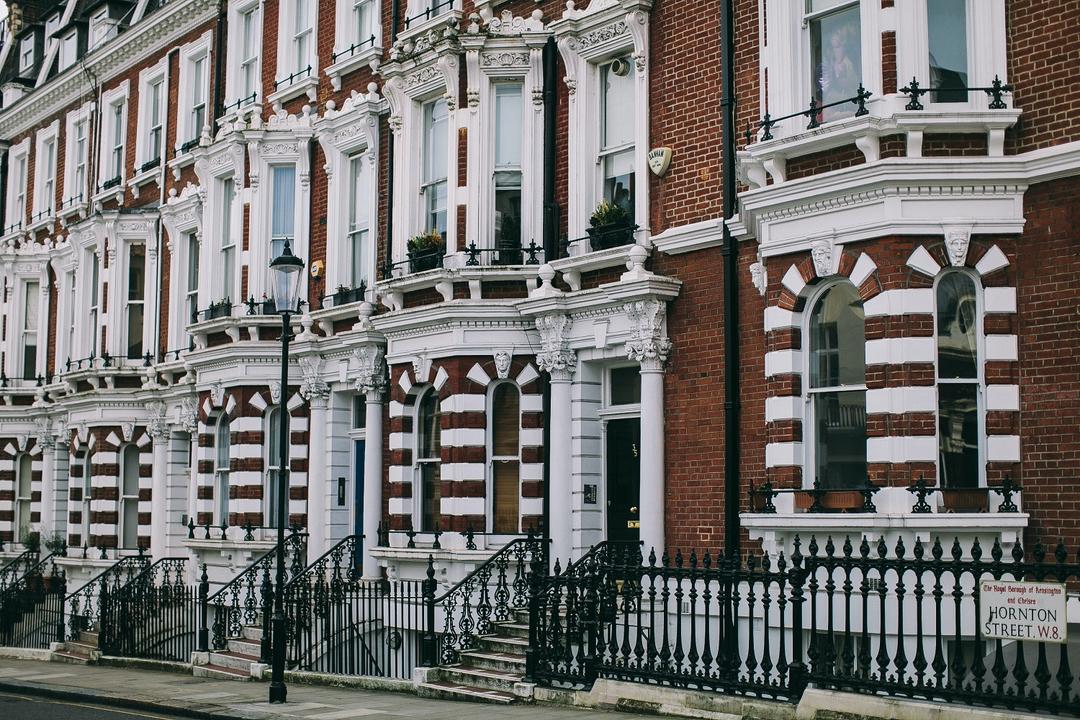When purchasing a house or condo, the initial visit is crucial. It's your opportunity to assess the property firsthand and ask the owner important questions to determine if it meets your needs.
The owner is obligated to answer honestly, so it's essential to gather all necessary information to avoid any surprises later.
These questions help you make informed decisions and compare different properties effectively. Your real estate agent will assist you throughout the process, but preparing a list of questions in advance is highly recommended.
Here’s a checklist of 25 essential questions for your property visits.
Questions about the property
Before deciding if a property meets your needs, it’s important to gather key information about the house. Here are some questions you might consider asking.

1. How much does the house cost?
Knowing the price of the house is crucial because it needs to fit within your budget. It's not just about the property's cost; you should also factor in other associated expenses before deciding to make an offer.
Visiting several properties in the same neighbourhood is advisable to understand price variations for similar properties before making a purchase offer.
2. What is included in the sale?
It's important to clarify what is included with the home purchase, such as parking spaces or garden sheds. If you're unsure, don't hesitate to ask the seller or their agent.
These inclusions can significantly impact your decisions, particularly when comparing properties of similar cost. They can also be negotiated as part of your offer to purchase.
3. When was the house built?
Knowing the year of construction is crucial for assessing the property's age and potential issues. Older houses, particularly those built between the 1930s and 1980s, may have asbestos concerns that newer constructions would not.
4. What are the dimensions of the house and the lot?
It's important to clarify the dimensions of both the living space and the outdoor area with the seller. This helps you understand the amount of usable space available in each room and the overall size of the property's lot.
5. How is the insulation and soundproofing of the house?
Gathering information about the insulation and soundproofing of the house is crucial to prevent potential issues after moving in. It's better to address any concerns upfront rather than discovering them after the purchase.
6. Are all instalations compliant with municipal standards?
Ensuring that all installations on the property, such as pools, artificial turf, and basement layouts, meet municipal standards is essential for compliance and safety.
Questions about ongoing expenses
If you're considering purchasing the property, it's important to be aware of the recurring costs associated with homeownership. Understanding these expenses beforehand can help you avoid unexpected financial burdens.

7. What is the current cost of home insurance?
Knowing the current homeowner's insurance premium can give you an estimate of your potential insurance costs, depending on the coverage and insurer you choose.
8. What are the typical costs for electricity and heating?
It's important to review the utility bills to understand the average costs for electricity and heating. Homes with inadequate insulation can lead to higher energy consumption and subsequently higher bills. Be diligent in verifying these costs as sellers sometimes minimize them to make the property more attractive.
9. How much are the municipal and school taxes?
Understanding the costs of municipal and school taxes is essential when considering homeownership. These taxes are additional expenses that you'll need to include in your budget as a homeowner along the notary fees and the welcome taxe.
Questions about the condition of the house
Unless your goal is to renovate, you'll likely prefer a house in good condition. Therefore, it's crucial to gain a clear understanding of the property's current state.

10. What is reason for selling the property? Is it related to its condition?
Understanding why the seller is parting with the property can provide insight into its condition. If the reason for the sale is due to the property's condition, it's important to consider whether you're willing to invest the time and money required for potential renovations after purchase.
11. Has the house experiences any damage in recent years?
This question helps gauge the overall condition of the house. Sellers are legally obligated to disclose any known information about recent damages through a seller's declaration.
12. Have there been any issues with moisture and mould?
In addition to asking questions, it's crucial to visually inspect the house for signs of moisture or mould. Check around windows for water stains or condensation, which could indicate humidity problems. A damp house can pose health risks to its occupants, so it's important to be aware of any potential issues.
13. Have any cracks been observed?
While some cracks may be minor and harmless, others, especially those in the foundation, can indicate significant structural issues.
14. Have the property been tested for pyrite, asbestos, or radon?
Testing for pyrite, asbestos, and radon is crucial as these substances can pose serious health and structural risks to family and your home.
15. Has a presale inspection been conducted?
Some sellers conduct a presale inspection of their property before listing it, which can save potential buyers from needing to arrange their own pre-purchase inspection.
If there hasn't been a presale inspection, it's advisable to hire a building inspector to thoroughly assess all visible and accessible components of the home. This inspection covers areas like plumbing, heating, roofing, and more, aiming to identify any potential issues before you finalize the purchase.
Questions about renovations
When visiting the house, it's important to ask about necessary renovations to understand the scope of work you might need to undertake if you decide to make an offer.

16. Are there any upcoming renovations planned for the property?
The report from the building inspector you hire to assess the house's condition will help identify any necessary renovations.
17. Has any renovation work been completed on the property? If so, when was it done?
When inquiring about past renovations, it's important to ask for invoices. This helps confirm that the work was completed and whether it was performed by a professional or not.
Some renovations require specialized expertise, and work done by non-experts could potentially pose risks to the house and its occupants.
18. Has the roof, windows, doors or siding been recently replaced? Are they still under warranty, and is the warranty transferable?
It's important to inquire about recent replacements of major components like the roof, windows, doors, or siding. Additionally, it's important for prospective buyers to be aware that not all warranty contracts are transferable when purchasing a property.
Questions about the neighbourhood
The neighbourhood where the property is situated can significantly influence your quality of life. Ensure it aligns with your preferences and lifestyle before making the decision to purchase.

19. Is the neighbourhood quiet?
To assess the neighbourhood's tranquility, consider taking walks through the area at various times of day and night. If possible, renting a house nearby for a few days can provide a more thorough understanding of what living there would be like.
20. Are there any issues with the neighbourhood?
Having noisy or disruptive neighbours can significantly impact your quality of life. It's important to consider the neighbourhood dynamics to ensure a pleasant living environment.
21. Are there any upcoming development projects planned for the neighbourhood?
Knowing about potential development projects in the neighbourhood is critical. It's advisable not to solely rely on the seller's response but to conduct your own investigation as well.
For instance, if you're drawn to a quiet location but learn about plans for a large shopping centre nearby, it could significantly impact your decision to proceed with the purchase.
22. Has there been any history or burglary or crime in the neighbourhood?
Safety is a priority when choosing a neighbourhood. If there have been multiple incidents in the vicinity, it may influence your decision whether to continue considering this property or not.
Questions about co-ownership
Buying a condominium involves unique considerations compared to a single-family home. Here are specific questions tailored for this type of property.

23. Are there any upcoming condominium maintenance or renovation projects?
This question is crucial as it could potentially involve significant costs. For instance, a roof renovation project alone can range from $3,000 to $10,000 or more.
These costs will be shared among the co-owners, which could strain your budget unexpectedly.
24. What are the monthly condominium fees?
It's important to inquire about the monthly condominium fees. While low fees might appear appealing initially, they could indicate insufficient funding for maintenance and upkeep, potentially leading to issues in the long run.
Additionally, ask if maintenance and heating costs are included in the fees. Understanding what expenses are covered helps you accurately assess your budget.
25. Can I review the declaration of co-ownership? What are the main restrictions?
Accessing the declaration of co-ownership is crucial before purchasing a condo. This document outlines the rights and responsibilities of each co-owner, along with any restrictions or rules governing the condominium community.
Are you looking to purchase a property?
XpertSource.com can help you in your efforts to find a real estate broker. By telling us about your project, we will refer you to top-rated experts, free of charge! Simply fill out the form (it only takes 2 minutes) and you will be put in contact with the right experts.





